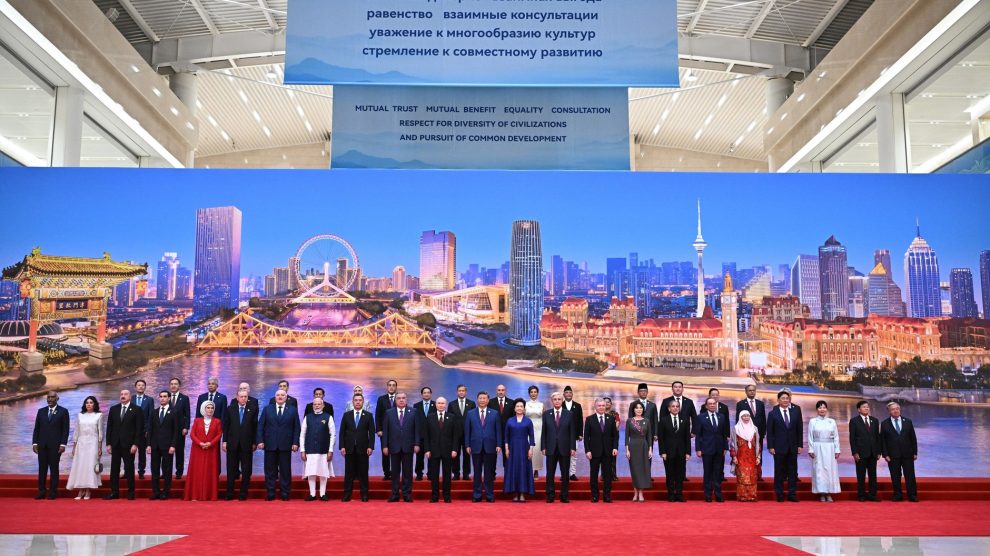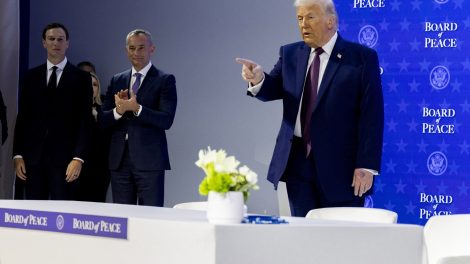Decoding the news. The SCO meeting in Tianjin marks the latest stage in a process through which non-Western countries strive to build alternative forms of governance. It challenges the order born in 1945, reinforced in the decades that followed around Western centrality, and for Europe — including Italy — it raises pressing questions of autonomy, risks, and opportunities.
The big picture. The SCO, alongside the BRICS and the broader Global South frameworks constellation, experiments with multipolar governance models. It is not a NATO-style structure but rather “platforms with variable geometry,” says Di Liddo, “where common interests are reconciled while fully aware of the internal divisions.”
- The binding element is political: “the determination to end Euro-Atlantic hegemony.” The recognition is that divisions exist, but can be managed in parallel.
Between risk and opportunity. For Europe, the risk is marginalisation. “But this global movement can turn into an opportunity for Italy,” Di Liddo notes, “provided we increase our autonomy and maximise our interests and room for manoeuvre. The choice is between quiet subordination to traditional logics or taking risks — but with the possibility of gaining development and international relevance.”
- The strategic focus is New Delhi. “India’s strengthening also runs through the Imec dossier (the corridor connecting India, the Middle East and Europe), because India is the pole around which we want to build our Asian and Indo-Pacific projection,” Di Liddo stresses.
- “But we must not completely shut the door to dialogue with China, in line with the tradition of our diplomacy, always inclined to openness.”
Zoom in: Rome. Italy can leverage its diplomatic pragmatism to navigate this transition.
“By tradition and vocation, we can seize the opportunities different theatres offer,” Di Liddo remarks. This means consolidating ties with India while keeping channels open with China, seizing openings rather than passively absorbing external dynamics.
What we’re watching. Multipolarity is already in motion. For Italy, the SCO summit is a reminder: global balances are shifting.
- The outlook, therefore, is twofold: seize the opportunities of the global transition while mitigating its risks and maintaining a firm commitment to Western unity. Di Liddo concludes, “It is up to us to decide whether to remain subordinate or take risks. But we can only gain new opportunities for development, wealth, and international stature by taking risks.”





